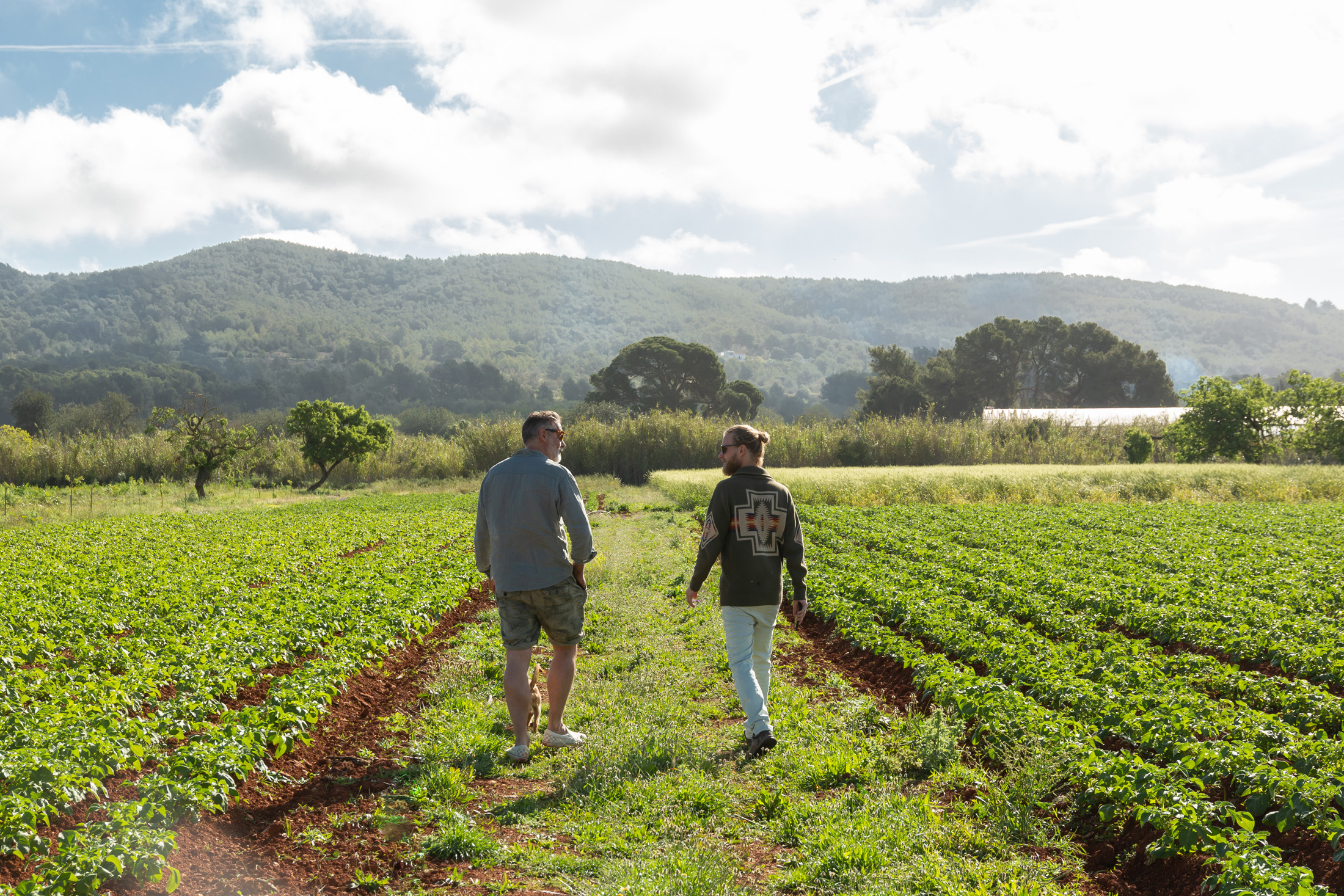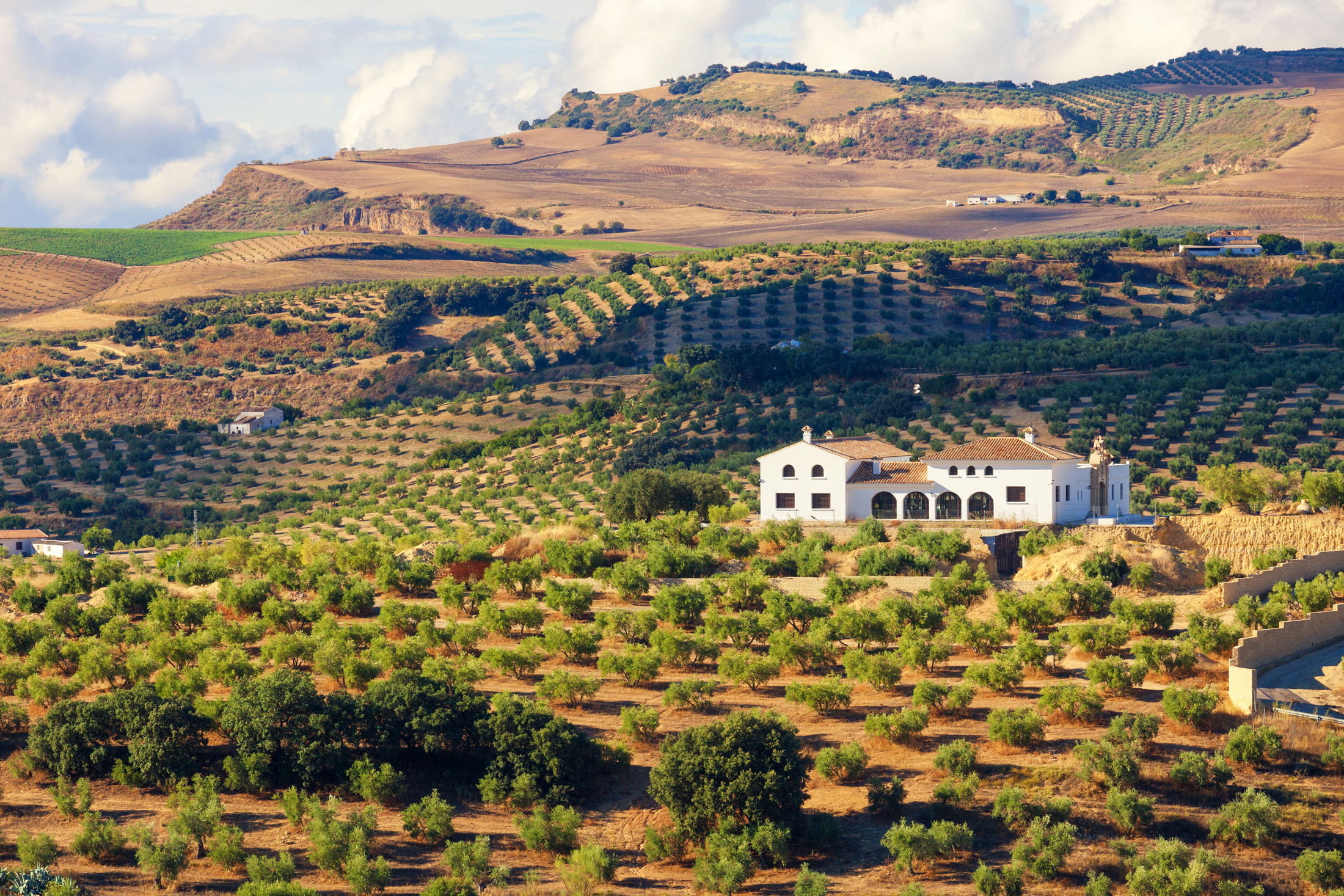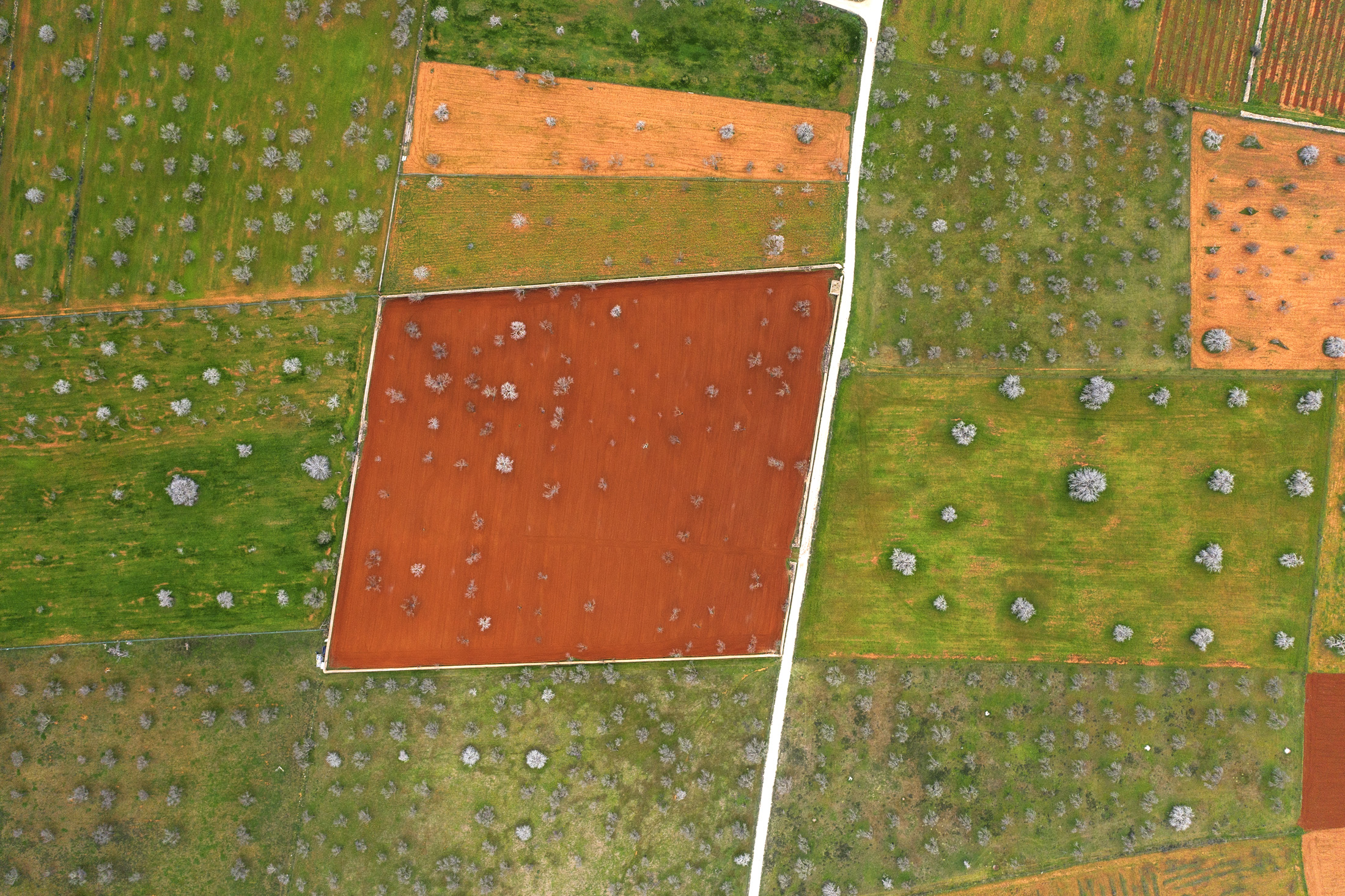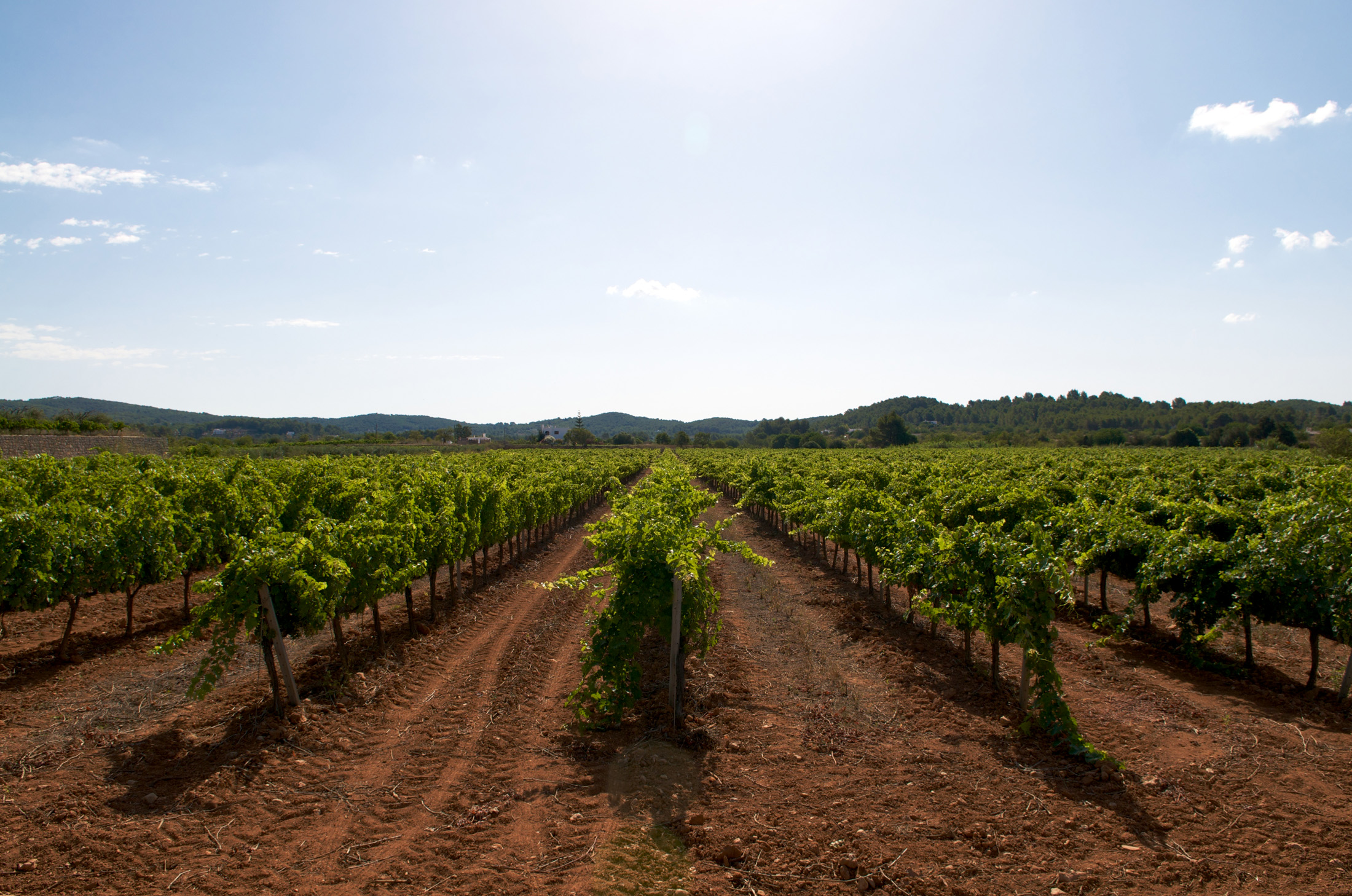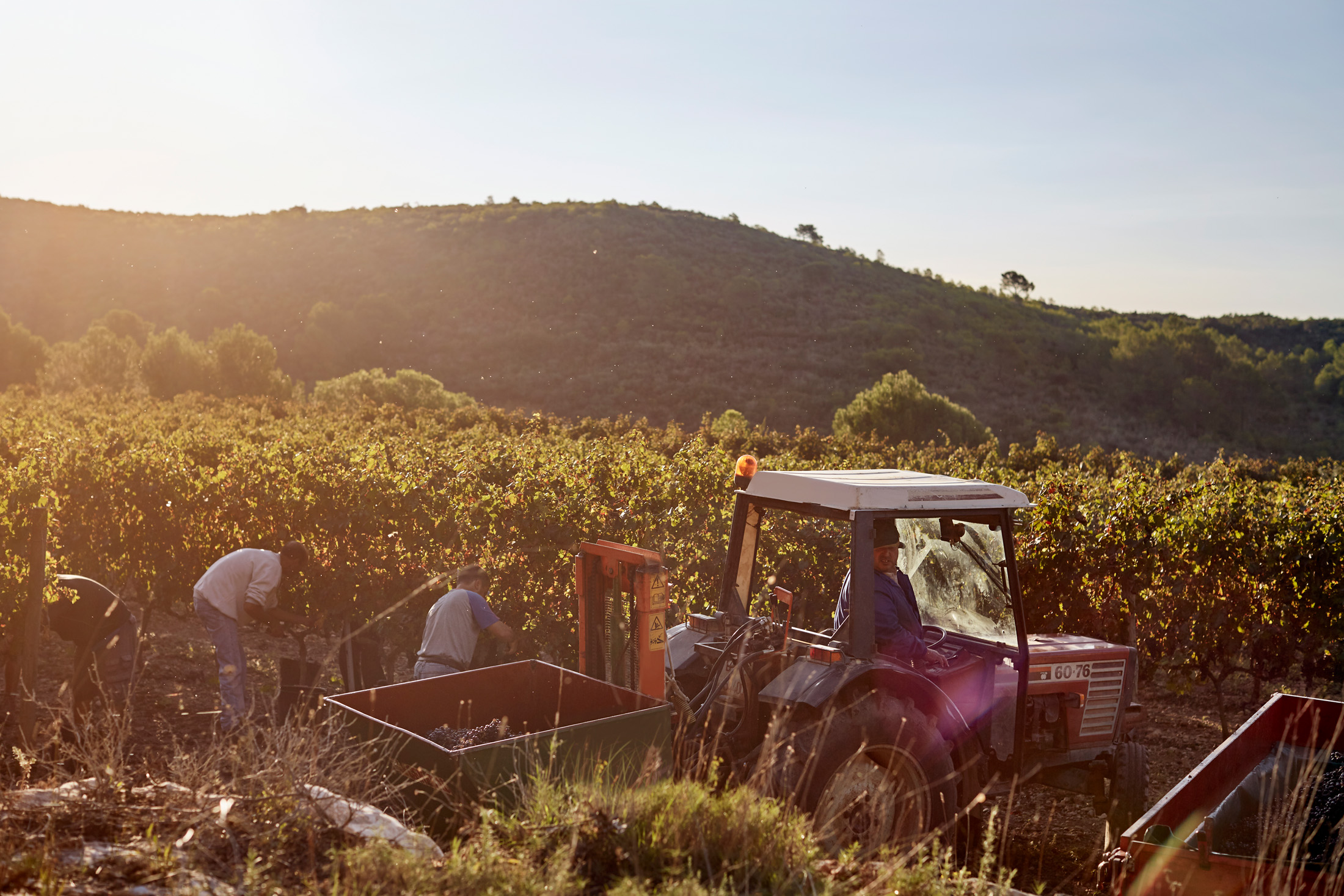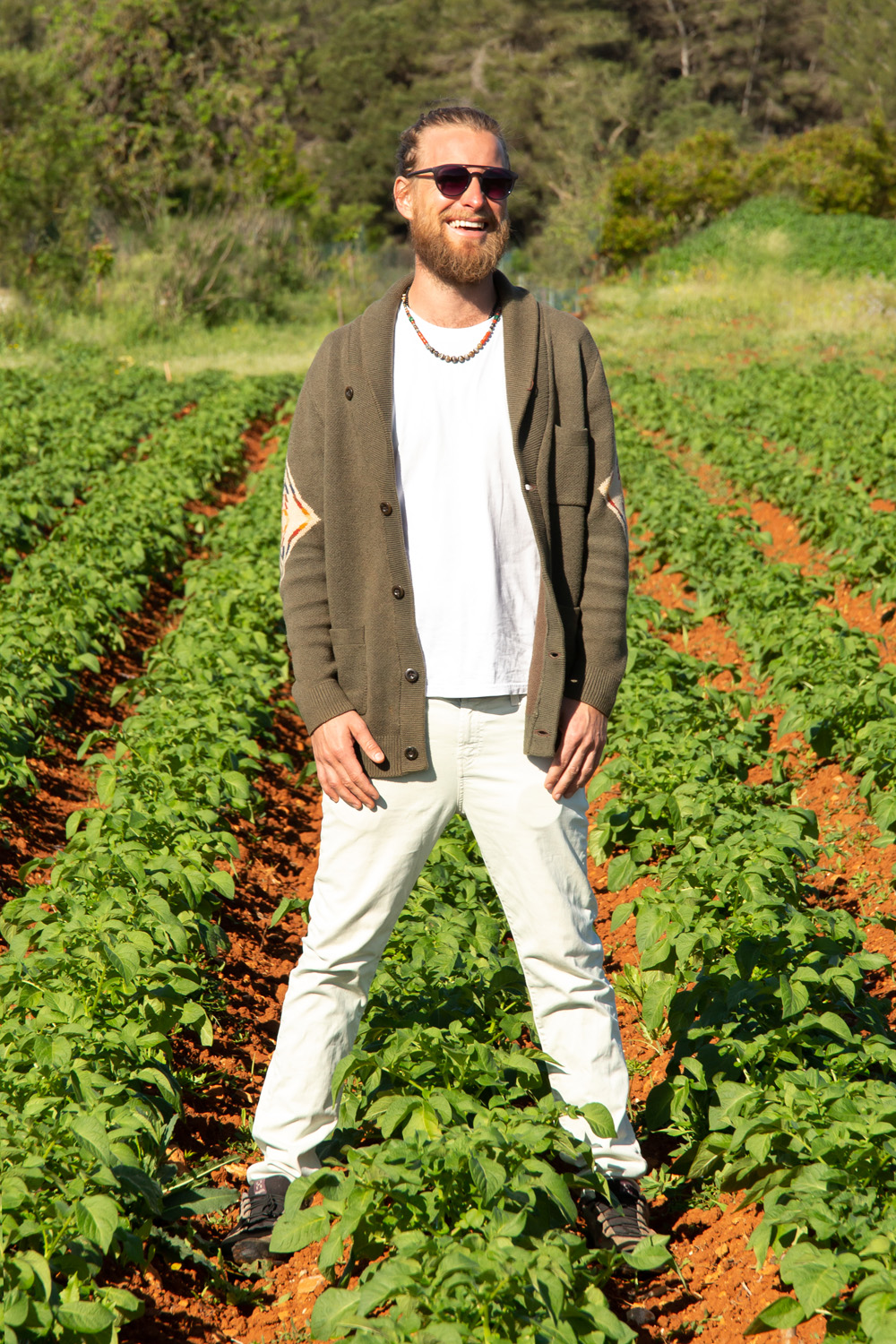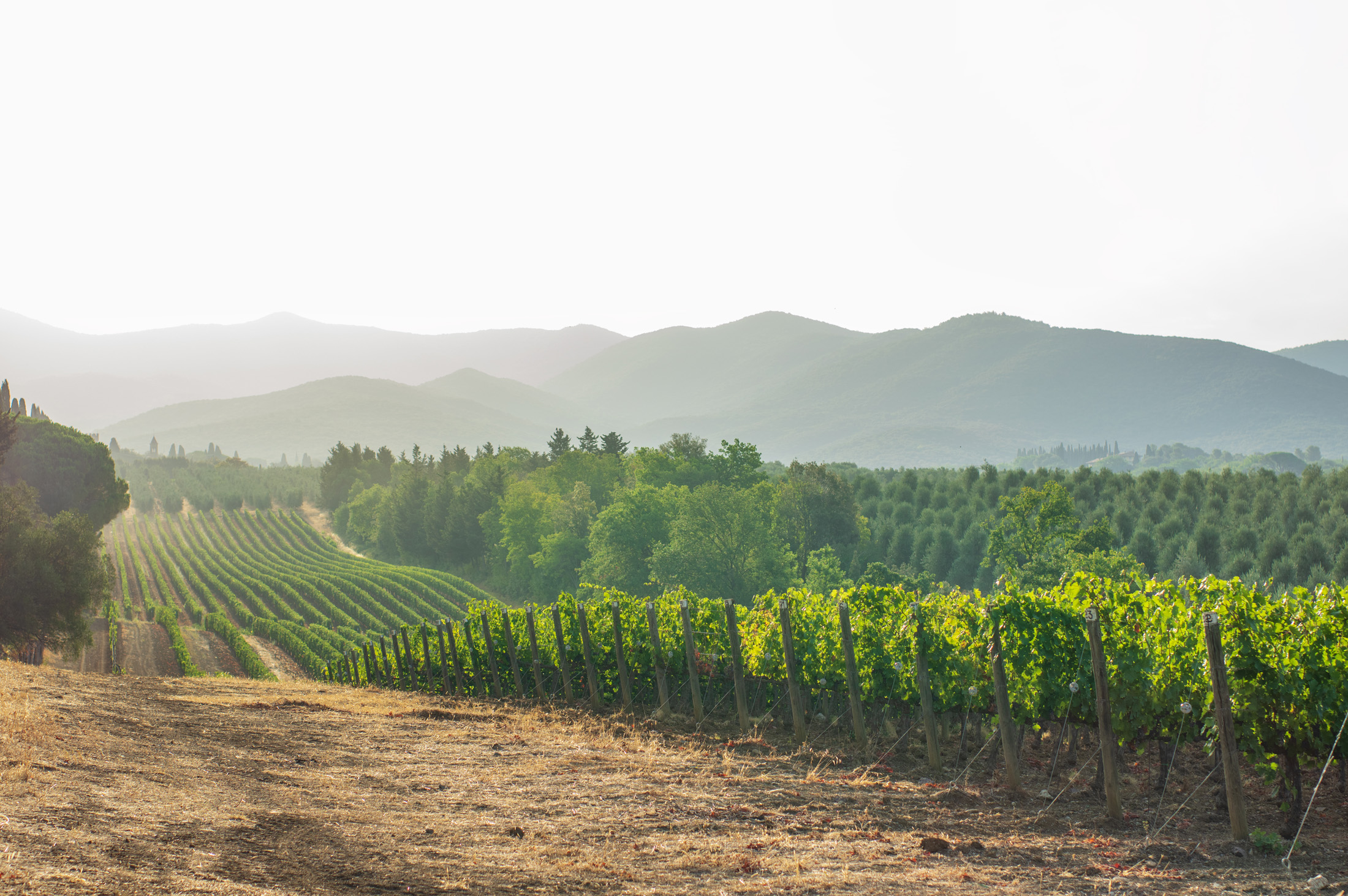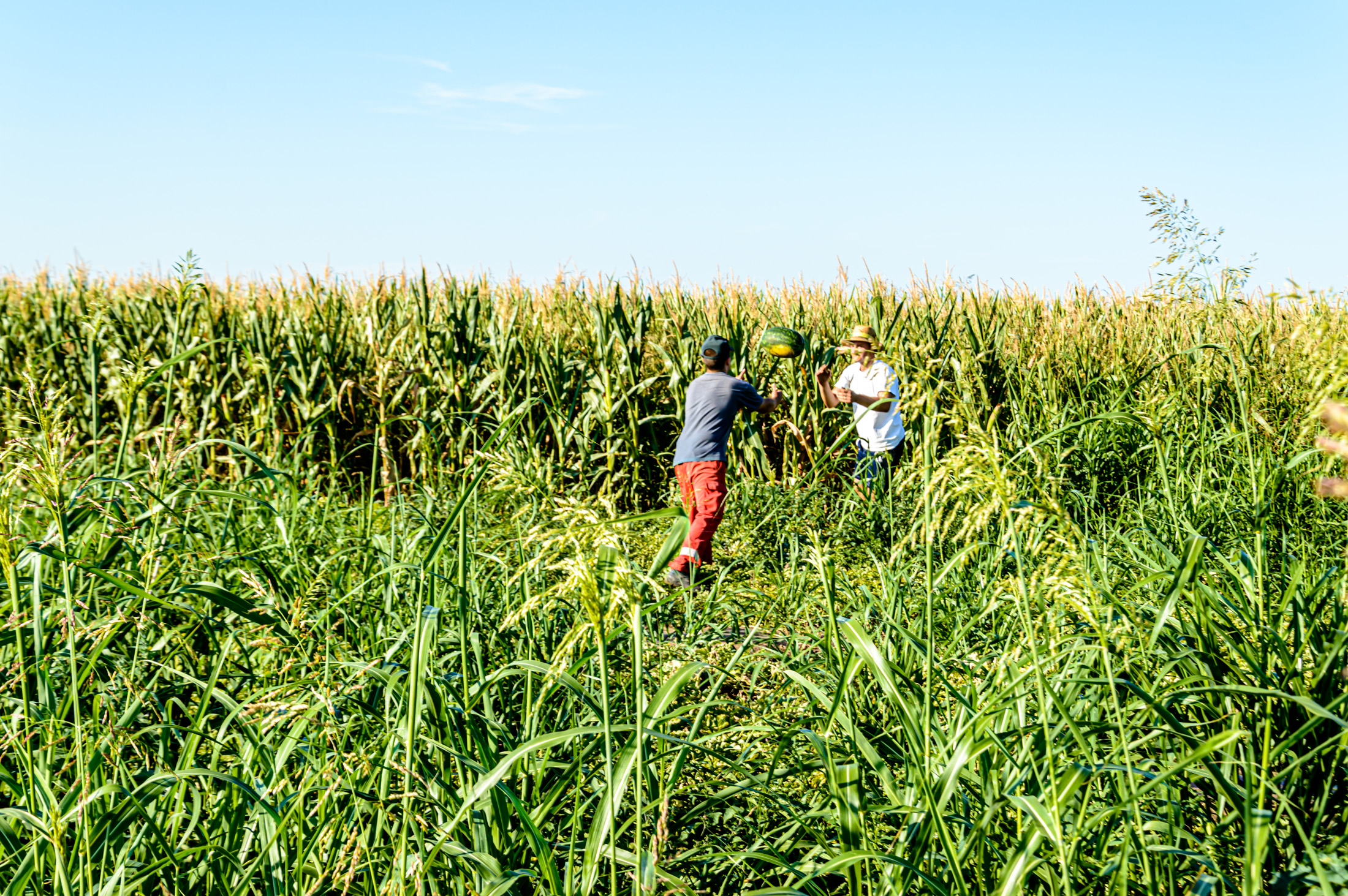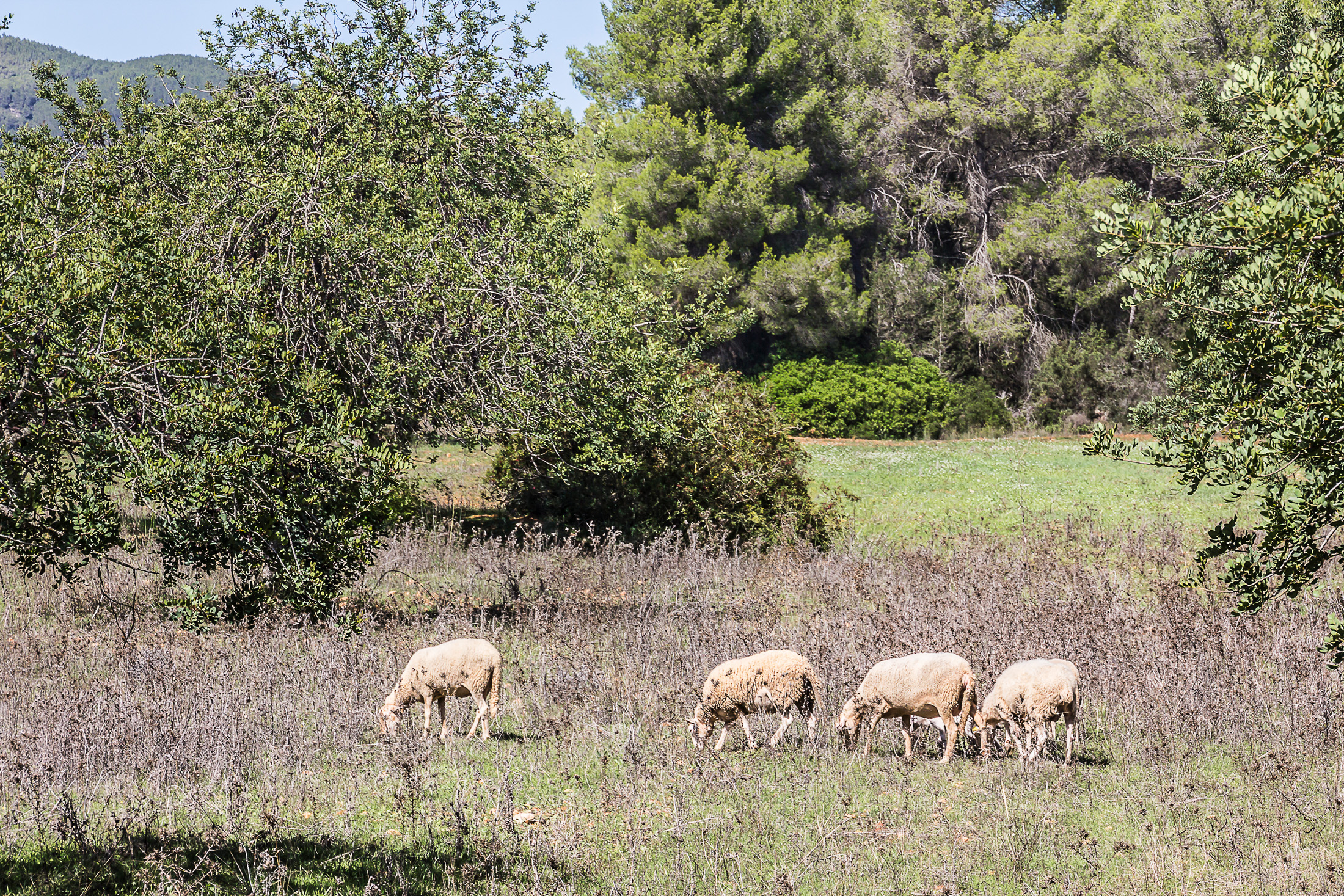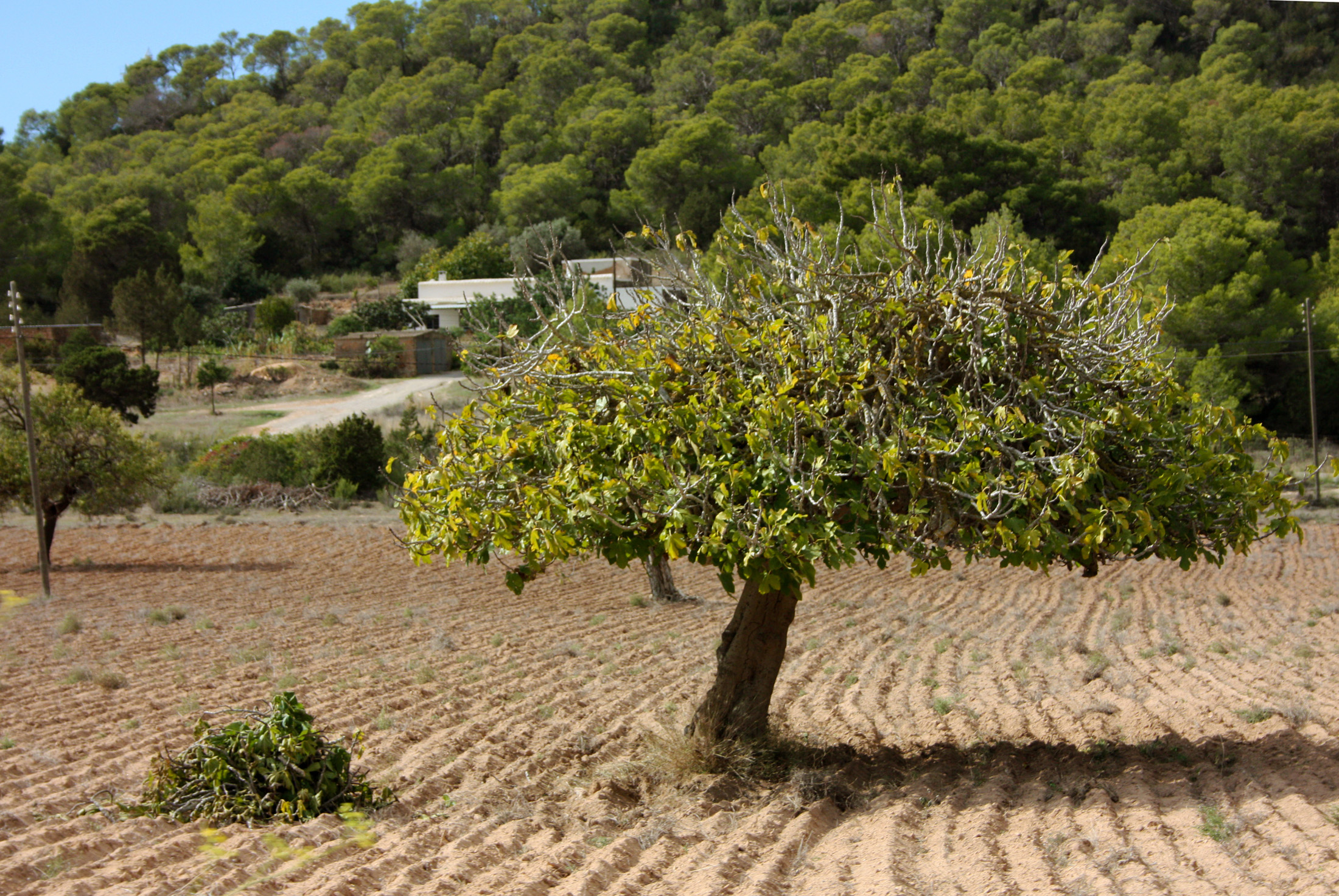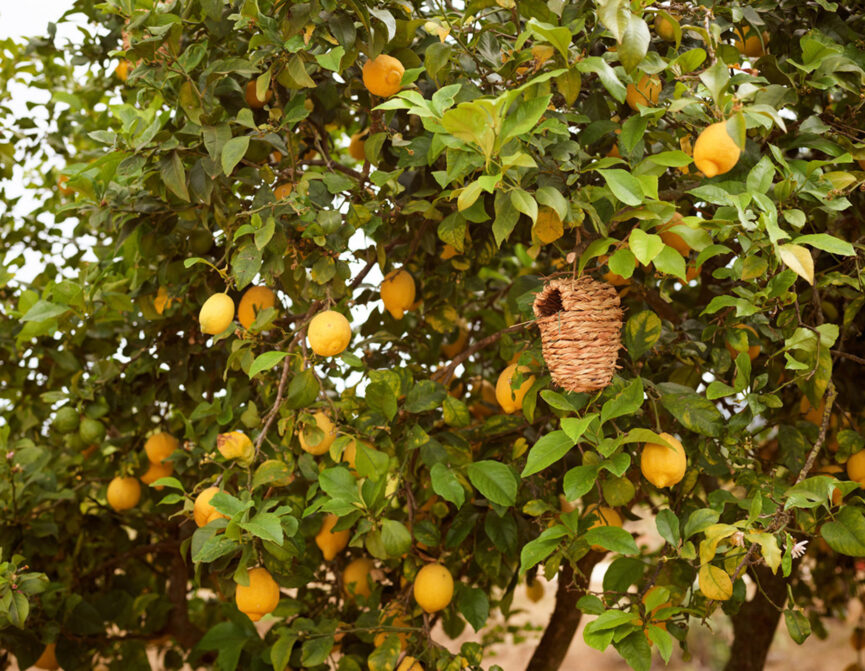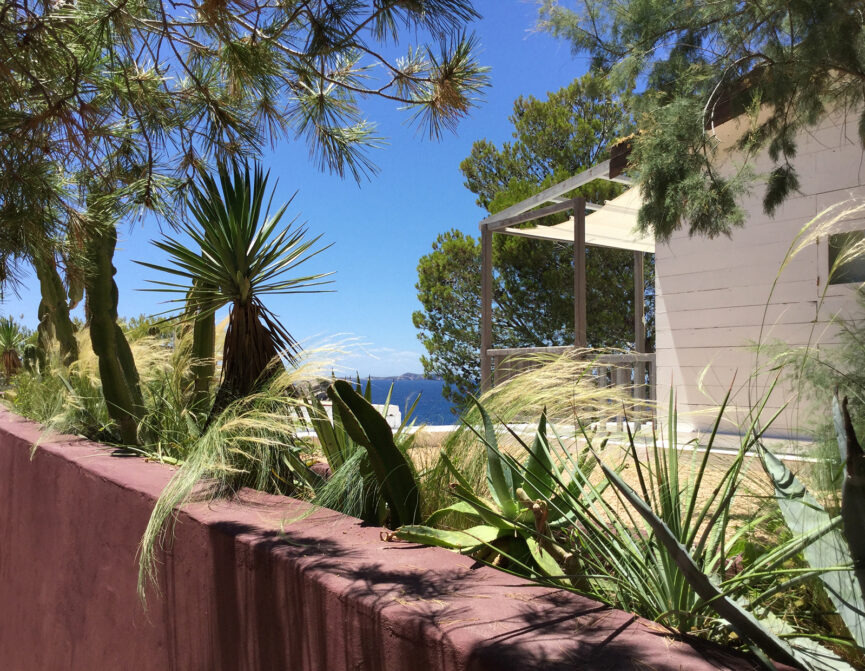We speak to the farmers reviving Ibiza’s farmlands and leading pioneering regeneration schemes from the soil up.
“If we took away all human beings from the planet tomorrow, nature would thrive. Remove all the insects, and the ecosystems would collapse. This is the reality, and this is what we need to be in service of.”
Christian Jochnik’s matter of fact statement betrays a hint of his master plan. When he and his partner Sophie arrived in Ibiza, they aimed to restore a traditional finca in the north. When the plan broadened to include regeneration of the farm itself, the couple realised it wasn’t just their lands that needed rescuing.
Four years later and their Juntos project is at the forefront of a movement aiming to revive Ibiza’s flagging farming heritage. It resuscitates vast tracts of abandoned land, addresses wider issues of community and mitigates the worsening climate crisis using a pioneering system known as regenerative agriculture. The term refers to farming practices that produce healthier, biodiverse soil that can better lock in CO2 and is more resilient to the adverse effects of climate change. Increased organic yields are a natural by-product of these methods.
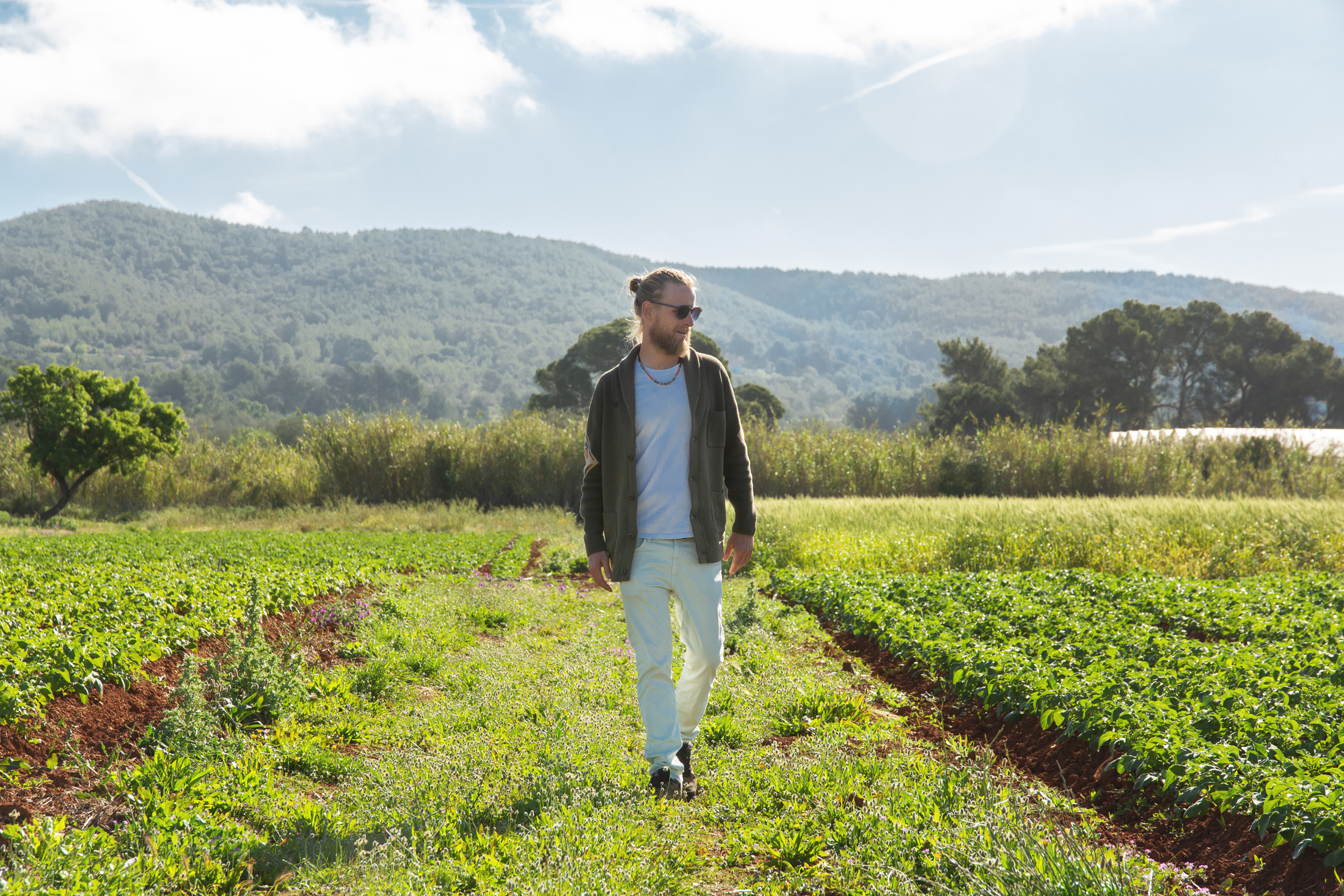
Farming through the ages
Pre-1970, farming in Ibiza had changed little in centuries; planting was seasonal, in tune with the lunar cycles and fed with natural fertilisers. Crops were rotated, animals grazed freely and large-scale activities like harvesting and milling were undertaken as a community.
In the 70s, an influx of newcomers to Ibiza didn’t just herald a new age of tourism but a cultural shift too. The children of payés families traded a lifetime cultivating land for the high life in San Antonio or Santa Eulalia, where jobs in bars and hotels offered guaranteed shade and better wages.
Country houses – the classic finca payésa – were sold to bohemian emigrants for pennies, leaving swathes of agricultural land in the hands of those with little idea of how to care for it. In the half-century that followed, the effect on Ibiza’s rural landscape, and in particular its soil, has been devastating.
A report published by IbizaPreservation noted that between 1990 and 2012, roughly 31km2 of natural areas and farmland were lost to urban development. The island’s utilised agricultural area (UAE) also fell by nearly 36% within a decade and surprisingly, only 2% of the food eaten is produced on the island.
Reaping the rewards
Buying organic comes at a cost, but this is where Christian believes the global elite need to step up: “Regenerative agriculture is no less economical than industrialised agriculture. It’s just that one is subsidised, and one is not,” he says.
When the writer, filmmaker and activist Rebecca Frayn took on the long-abandoned Can Pep, near Portinatx, profit certainly was not on the manifesto. Deserted 70 years previously, the vast farm stood alone on the prow of a hill recently decimated by forest fires. For the first time in decades, it was possible to see the systems of terraces, natural irrigation and beehives that had kept Can Pep fruitful for hundreds of years.
In three years Rebecca and her son, the architect and activist Finn Harries, have restored and revived the estate using traditional methods, planting thousands of fruit trees and native plants. The clutch of original beehives has been bolstered with new ones, attracting native pollinators; new irrigation systems have been put in place and a natural pond created to attract native birds and creatures. “We didn’t set out to restore an entire ecosystem, but that is what has happened,” Rebecca explains. “It has become a life’s work.”
Rebecca, like Christian, believes that community is at the heart of the Regenerative Agriculture movement in Ibiza, and hopes to see Can Pep act as a cultural and environmental hub in the future. Christian’s next project is to transform a dilapidated industrial dairy farm into a community hub. Here, grain processing, seedling production, composting and many of the more labour-and-capital intensive activities can be shared, along with space for crafts, education and community.
“I’ve always loved to bring people together. Why does a farm need to be a passive site of production?” he says. “Why not a place of contemplation and celebration?”
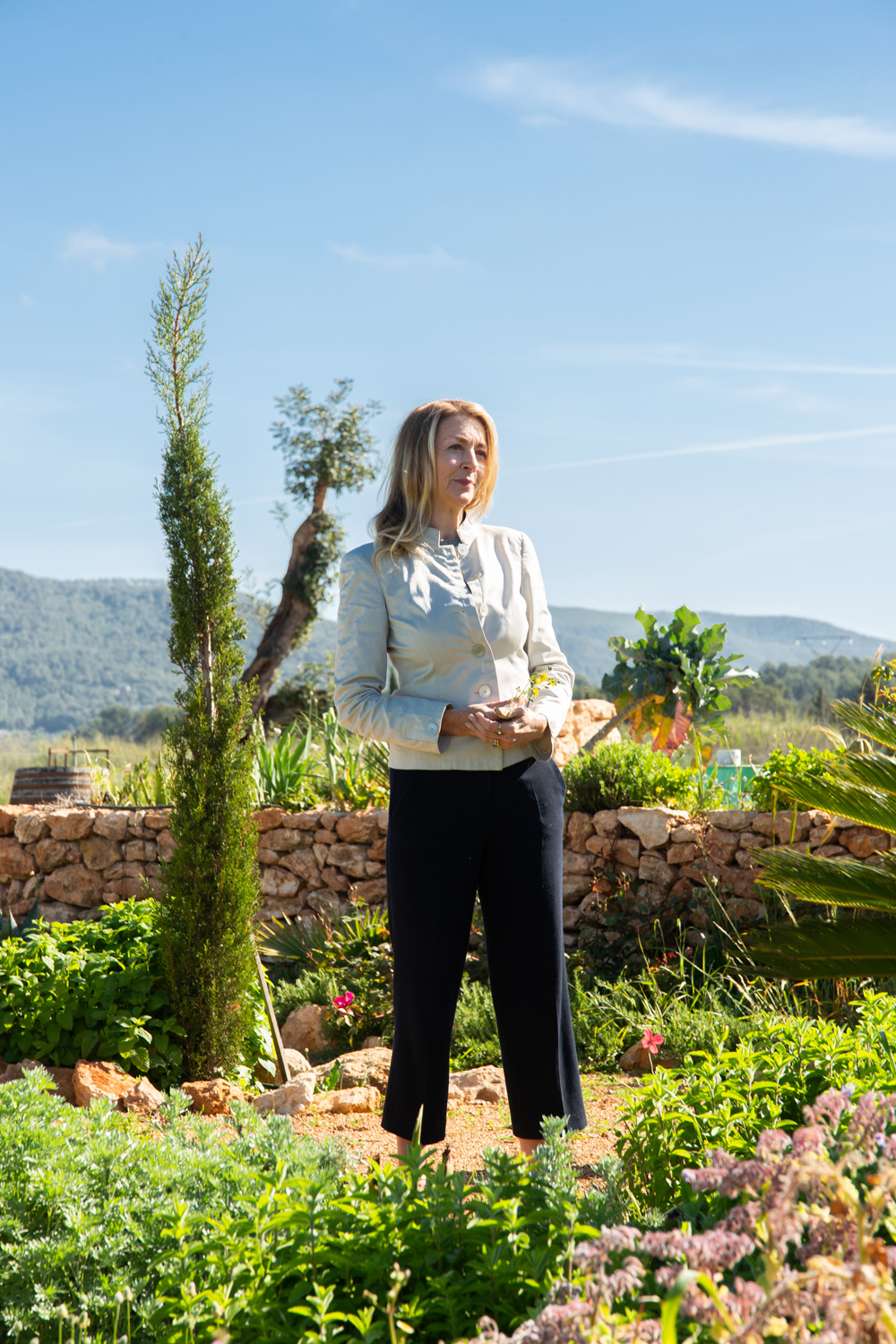
Digging deep
The ethos of regenerative agriculture recognises soil as a living resource teeming with billions of microorganisms that are part of a symbiotic ecosystem. “Soil is quite literally the starting point for everything,” explains Giancarlo Canavesio, an investor, TV producer and new-entrant farmer. His personal RA project has seen him spend five years reviving a hectare of land adjacent to his home near Can Tixedo. “We honour the soil. We nurture it. Without strong soil, we cannot grow strong plants.”
Giancarlo works closely with the permaculture expert Josean Oyaga and adheres to a manifesto of radical biodiversity – his terraces are thick with intertwined fennel, asparagus, peach, fig and onion, along with the odd papaya. He applies an age-old system of rotational grazing and natural fertilisers that fit neatly with Ibiza’s current obsession with ‘ancient future’ techniques – drawing on ancestral wisdom to navigate the future.
Like many RA devotees, Giancarlo references no-till farming pioneer Gabe Brown’s book Dirt to Soil: One Family’s Journey into Regenerative Agriculture when describing the five key tenets of the RA movement: minimal soil disturbance, constant soil cover, diversity in flora and fauna, maintaining a living root system and integrating animals.
Giancarlo is hopeful about Ibiza’s potential to adopt regenerative farming on a wider scale: “Ibiza continues to attract interesting, capable people with open hearts. There is indeed a lot of privilege, but there’s also a huge amount of generosity. What can I do for my neighbour? What can I do for my community, my environment and our children’s futures?”
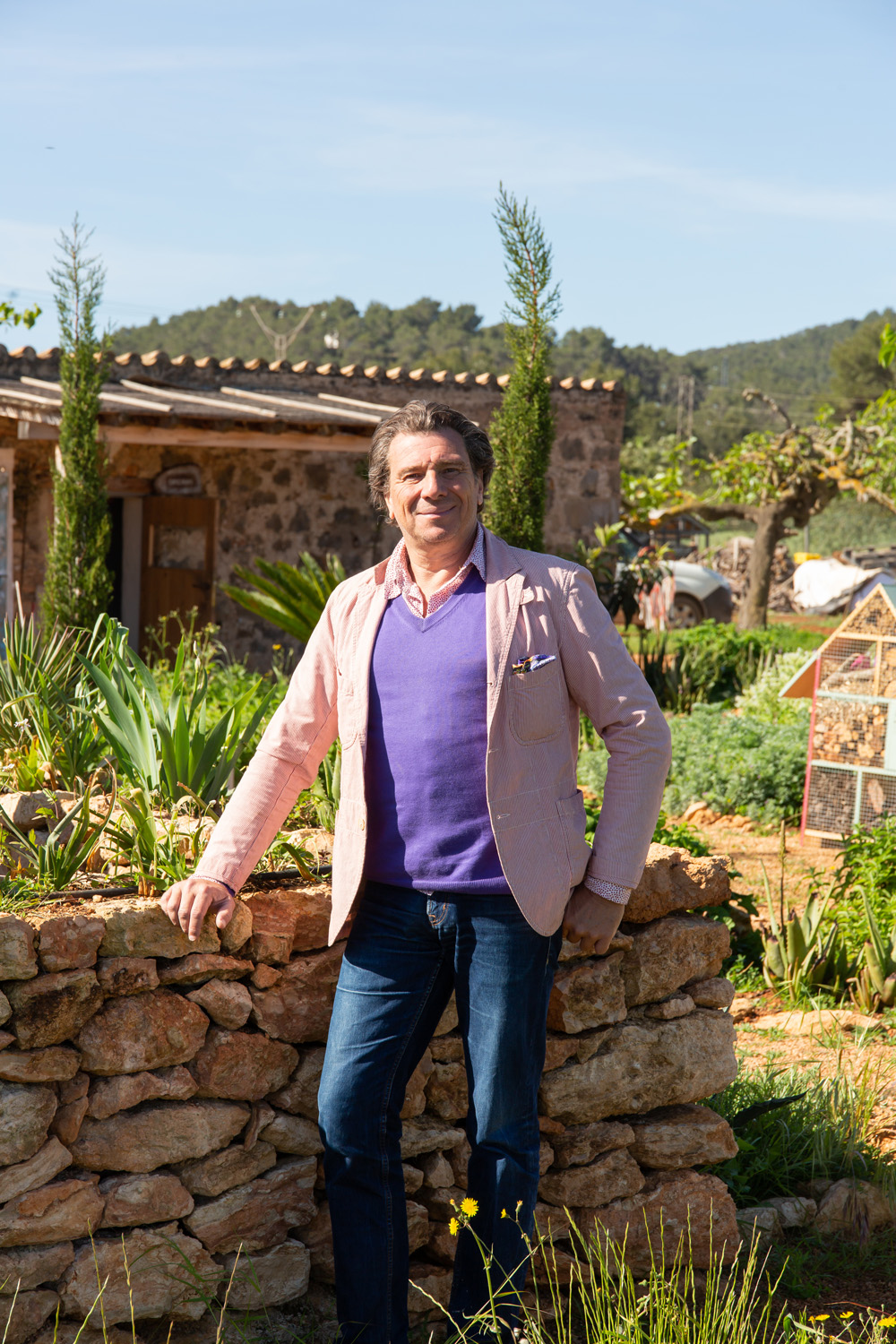
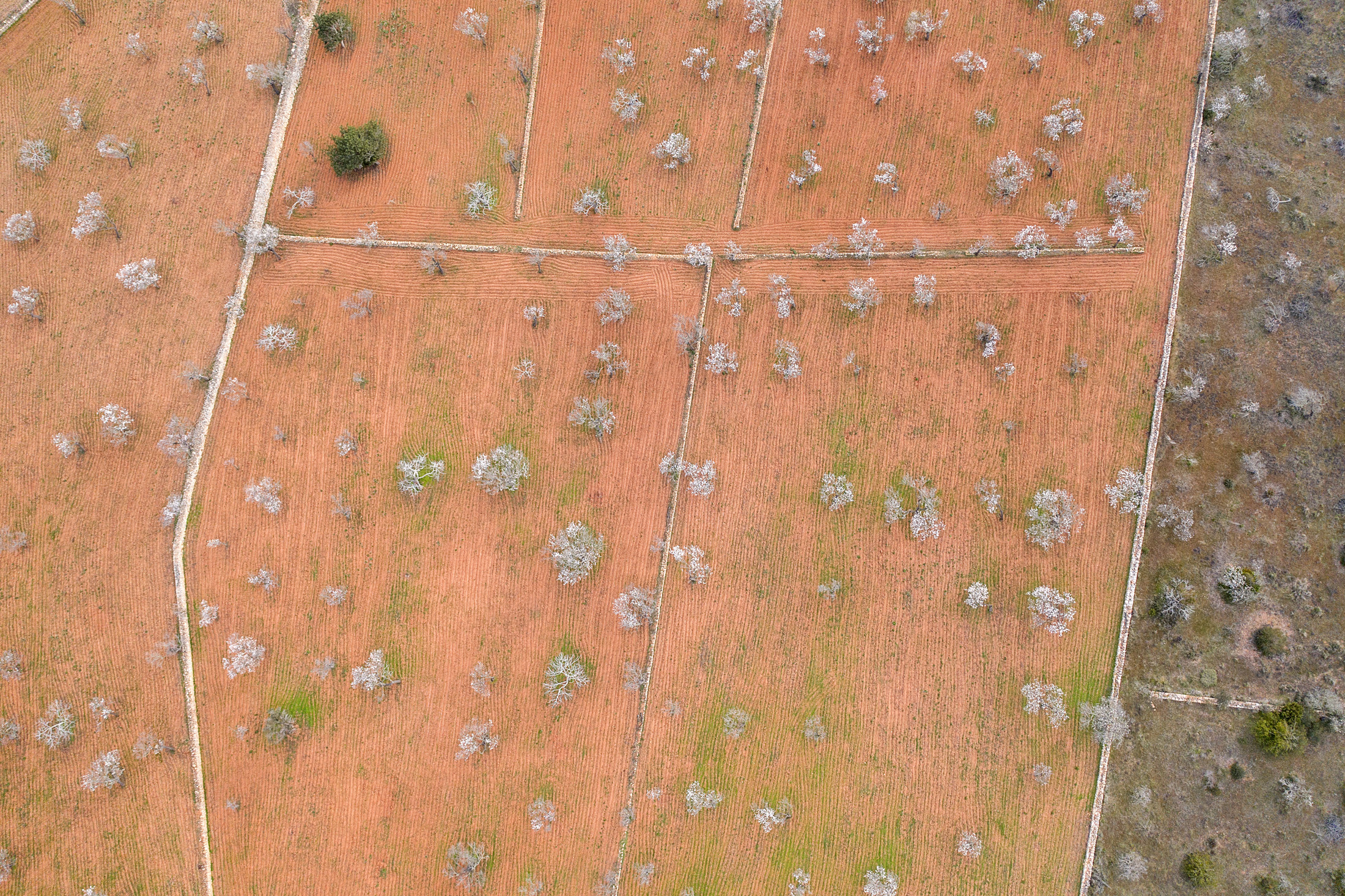

The need for change
Jess Dunlop, founder of Herbal Hay and manager of Ibiza’s Banc De Terres D’Eivissa (Ibiza’s Land Bank) is at pains to emphasise this need for change. “Regenerative agriculture is a necessary response to the realities of soil erosion, a changing climate and escalating loss of biodiversity, and the impact of these on food production and ecosystems. The urgency to change the way we produce food cannot be overstated.”
Herbal Hay came about when Jess couldn’t find local, organic hay for a horse she was exercising. Deciding to cultivate her own hay meadows, she took on her first plot of land with the Land Bank. She now farms 17 several hectares of land, sowing traditional – and in some cases endangered – local variety grains such as local Evissencan wheat Mollar Roig, for flour production and using old-fashioned forage plants such as sainfoin and herbal leys which, with their perennial cycles and deeper root systems, are innately suited to Ibiza’s harsh growing climate and alkaline soils and act as a first step to improve soil structure and health in the ecological restoration of farmland.
Jess is also experimenting with wild cultivars and will be undersowing wheat with drought-resistant legumes this autumn. “There is a lot of experimentation and on-farm trials happening across the world at the moment by brave and adventurous farmers, it’s an exciting and challenging time; extreme and unpredictable weather, depleted soils and rising costs are driving innovation within the sector.”
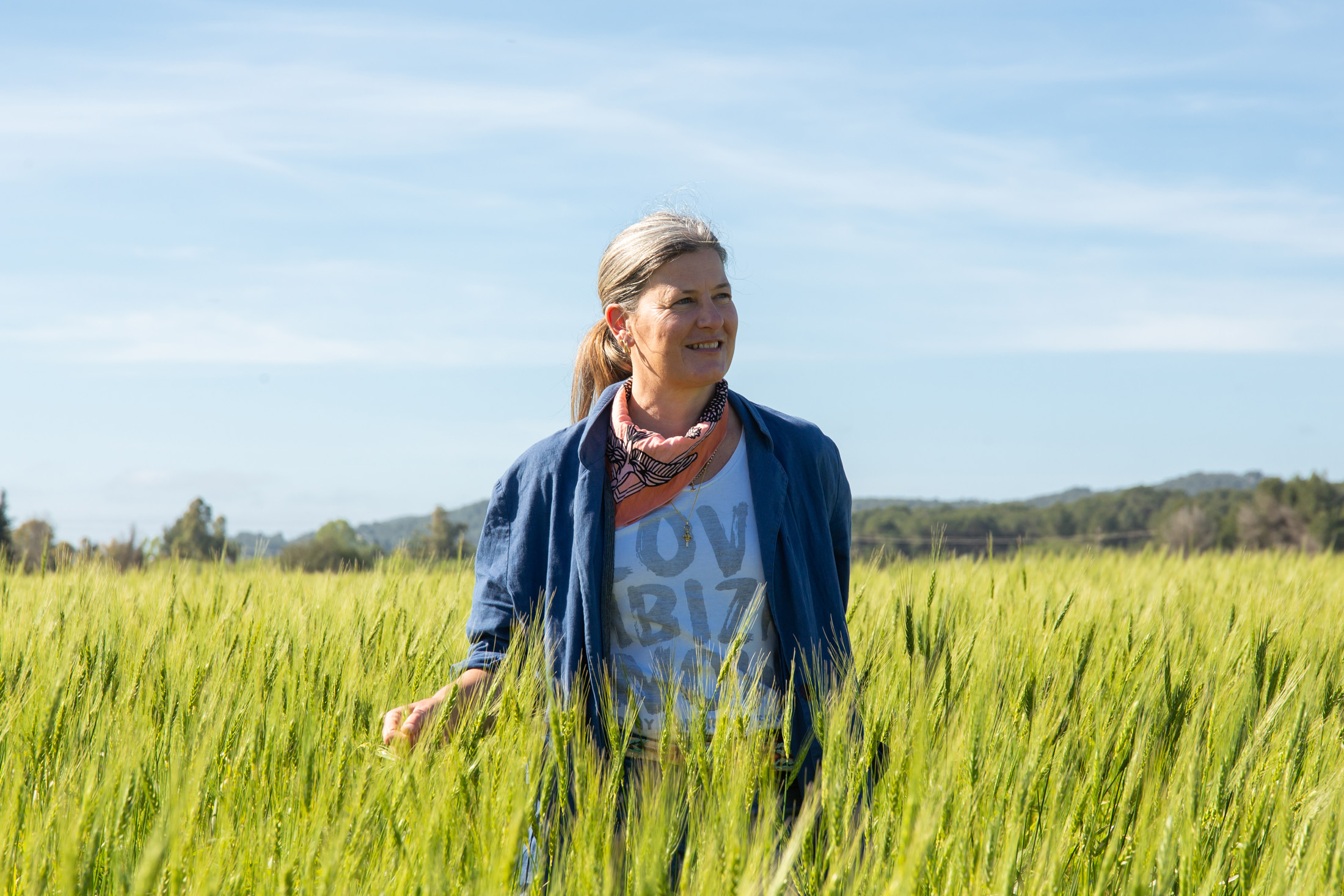
The Land Bank is one of the keys to the revival of Ibiza’s abandoned land, acting in the simplest of terms as a matchmaking service between landowners, new entrants and and existing farmers. Applicants put forward their organic farm enterprises to the project, which pairs them with unused land. Land Stewardship agreements – in the traditional Ibiza way – tend to include a share of yield, and projects range from the 18 hectare Terra Viva plot at Sa Forada to a half-hectere medicinal herb farm.
Jess is optimistic about the Land Bank’s potential to revive organic farming in Ibiza. “Farmland has become prohibitively expensive for new farmers to purchase. Revitalising the primary sector, agriculture, relies on access to land and finding working models of co-operation between those with land in their name and those without that privilege.”
Gaby Gambina heads up Ibiza Produce, the organic farming project backed by IbizaPreservation, and says that she is currently seeing a revival of interest in farming at a local level – younger Ibicencos recouping the lands of their ancestors and restoring traditional methods. Crucial to this will be the continued upsurge in the popularity of organic produce and its subsequent viability for farmers. Organic agriculture currently occupies 11.2% of UAE. Its steady increase is driven by consumer choice and in turn, the shift towards RA and soil health.


